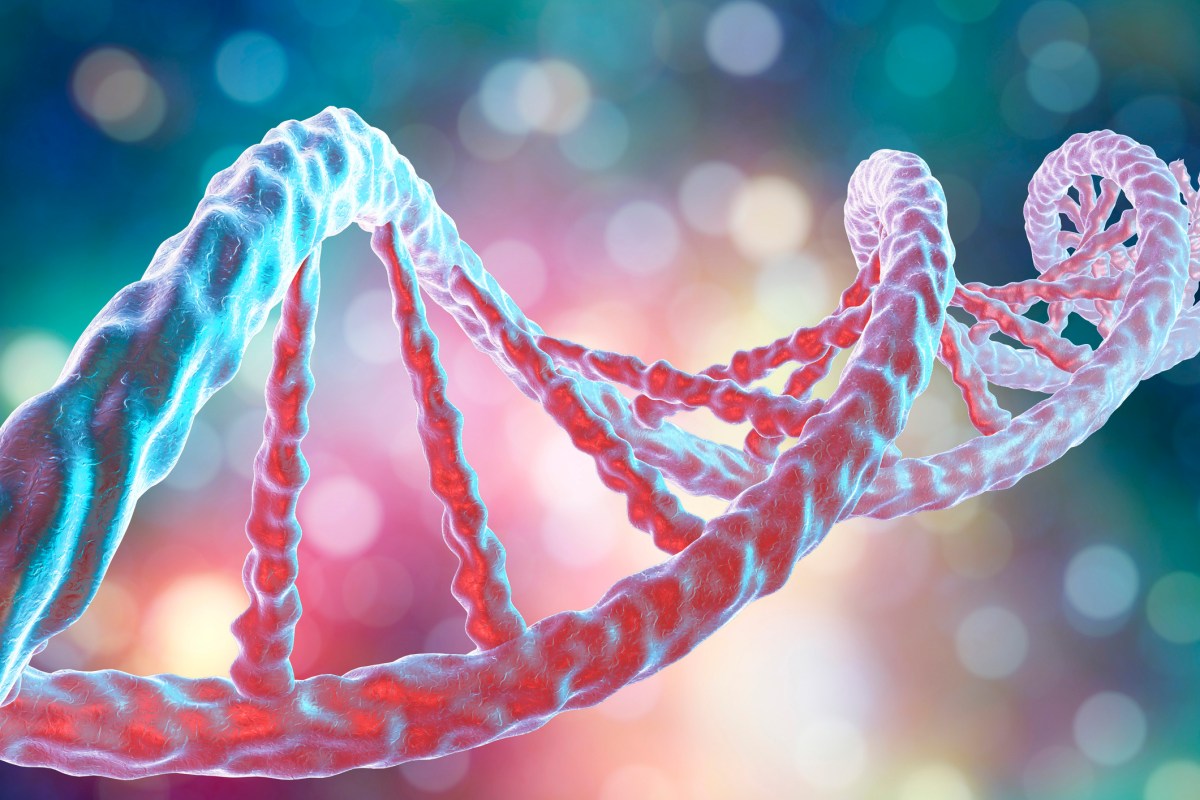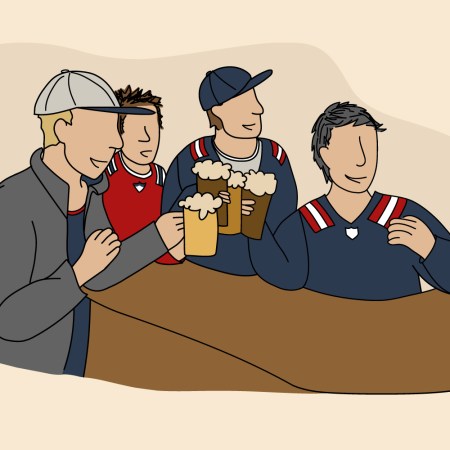A group of volunteers this summer drank a white, peppermint-like concoction laced with billions of bacteria. The microbes had been engineered to break down a naturally occurring toxin in the blood, reports The New York Times, and while the vast majority of us can do this without any help, for those who cannot, these microbes may someday become a living medicine.
This trial marked an important milestone in a promising scientific field known as synthetic biology, which was started about two decades ago when scientists started to tinker with living things like engineers fiddle with electronics. Synthetic biologists manipulate the way genes work together, creating cells that respond to new signals or respond in new ways. The biggest impact thus far has been industrial. But in recent years, a number of scientists have turned their attention inward, and have been focusing on how to use synthetic biology to fashion microbes that enter our bodies and help treat us.
The treatment that volunteers drank this summer could be the first synthetic biology-based medical treatment to gain approval by the Food and Drug Administration. The bacteria are designed to treat a rare inherited disease called phenylketonuria, or PKU. According to The Times, people with PKU must avoid dietary protein in foods such as meat and cheese, because their bodies cannot break down a byproduct, an amino acid called phenylalanine.
Thanks for reading InsideHook. Sign up for our daily newsletter and be in the know.


















